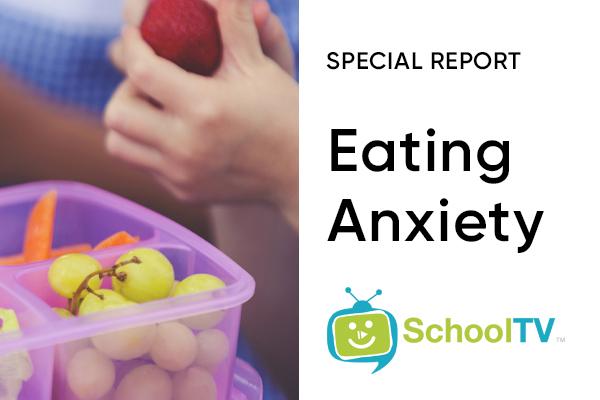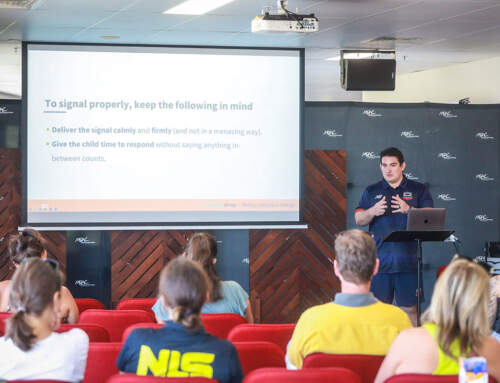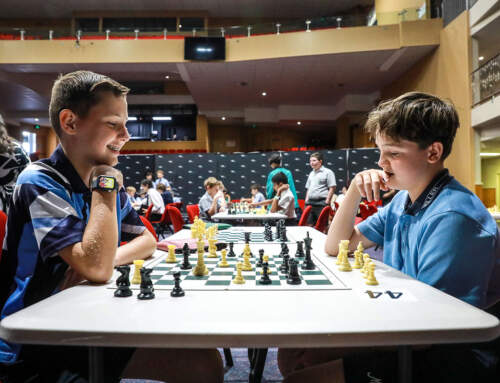The complexity of eating anxiety stems from a combination of social, psychological, and environmental factors. Young people may develop this anxiety due to social pressures related to eating in front of others, fears about body image, or more ingrained issues such as eating disorders. Additionally, cultural norms or dietary restrictions can also play significant roles, as can direct experiences like bullying or teasing related to food choices or eating habits.
Whilst not a formally recognised condition, eating anxiety is a genuine and often overwhelming experience that can significantly hinder a young person’s ability to participate in everyday activities comfortably. This condition can lead to serious nutritional deficiencies and social withdrawal, impacting overall health and academic performance.
Recognising and addressing eating anxiety is crucial for parents, carers, and educators. Through education, policy changes, and community support, we can help young people manage their anxieties and improve their relationship with food, thereby enhancing their overall well-being and social interactions.
This Special Report will help you understand how best to support a child experiencing anxiety around eating.
We hope you take time to reflect on the information offered in this Special Report, and as always, we welcome your feedback.
If you do have any concerns about the wellbeing of your child, please contact the school for further information or seek medical or professional help.
Here is the link to your special report:
https://mueller.qld.schooltv.me/wellbeing_news/special-report-eating-anxiety-au
Mueller College values your child’s mental health. The SchoolTV initiative provides a range of resources to support you in caring for your family. The College has curated the content, however because the content is not created by Mueller College, there may be small pieces of information which need to be approached with extra discretion.






